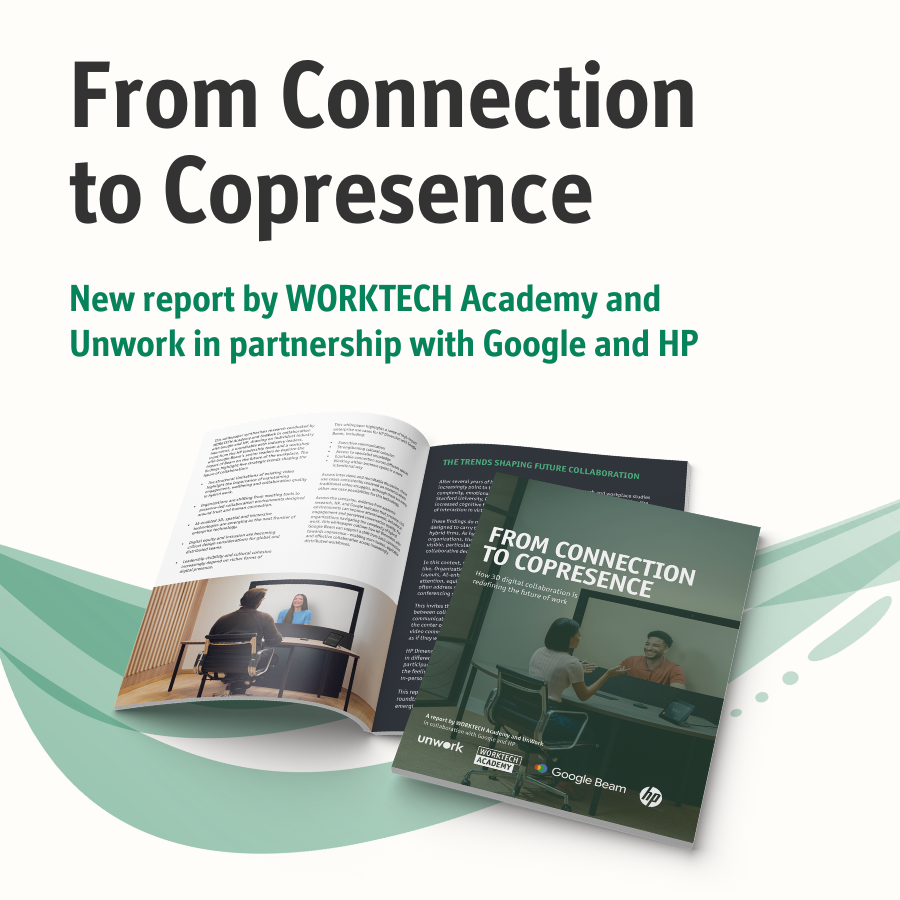The human-machine shift: is AI your new favourite teammate?
In this episode of The Unworking Podcast, Elisa Rönkä outlines a bold vision for the workplace of the future, where AI becomes a teammate, not just a tool
In today’s world of smart buildings and digital infrastructure, conversations around AI often feel disconnected from reality. But for Elisa Rönkä, Managing Director of Digital at Johnson Controls, there are opportunities to bridge this gap.
In a recent discussion on The Unworking Podcast, Rönkä brings much-needed clarity to the transformative potential of agentic AI and how it can drastically reshape the way we think about workplace change.
‘Technology will become a team member…we need to rethink roles, workflows, and what creates value.’
Agentic AI goes beyond traditional generative AI models. Rather than waiting for a prompt, it pursues goals autonomously, makes decisions, and even navigates social contexts. As Rönkä explains, this shift could move us from software that assists with tasks to software that solves complex problems with initiative. The result is a reimagined workplace where AI becomes a part of the team.
Moving to outcome-based technology
Many solutions in the PropTech sphere focus on monitoring, automation, and managing buildings. Few have truly pushed the boundaries of what integrated workplace systems can achieve.
Rönkä envisions a future where workplace systems don’t just collect data or issue alerts, but respond intelligently. For example, an AI platform in a smart building could detect a system fault, diagnose the issue, source the right parts, and dispatch human technicians, all without human intervention. This shift demands a new mindset, of success measured not by features or functions, but by outcomes.
Barrier to change
Despite the potential, AI adoption still meets resistance, especially in large organisations. The main challenges are the fear of replacement, lack of understanding, and discomfort with data, which are common roadblocks. Rönkä highlights the role of empathy to enable change. AI should be introduced as a collaborator, not a competitor. Like any new team member, it will need time to learn and improve.
While Rönkä acknowledges the disruption that agentic AI will bring, there is a general sense that the opportunities outweigh the setbacks. As the smart building industry faces rising pressure to evolve, there is a strategic imperative to rethink the roles, redesign the systems, and welcome AI not as a threat, but as a partner in progress.
Listen to the podcast here.








